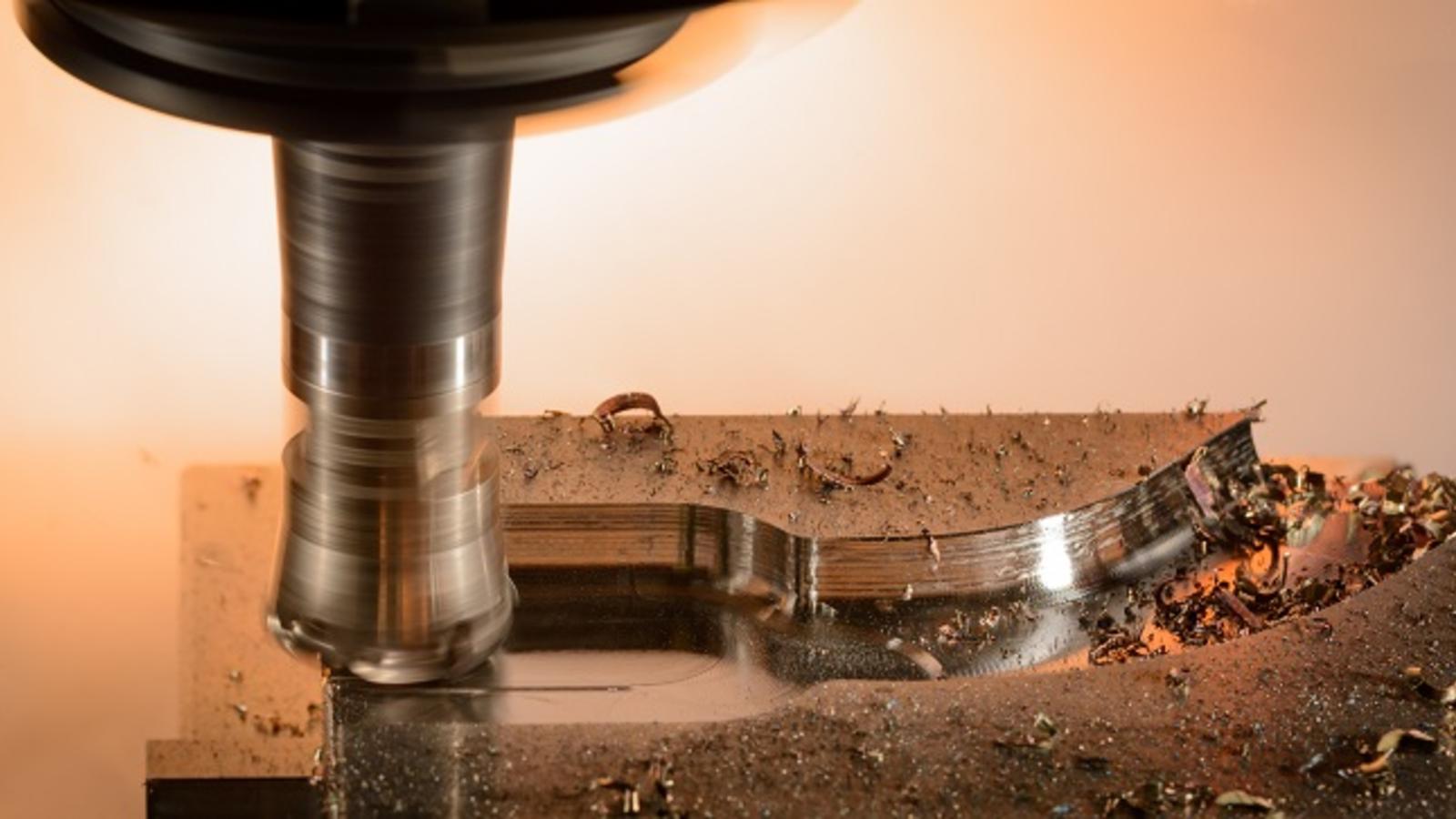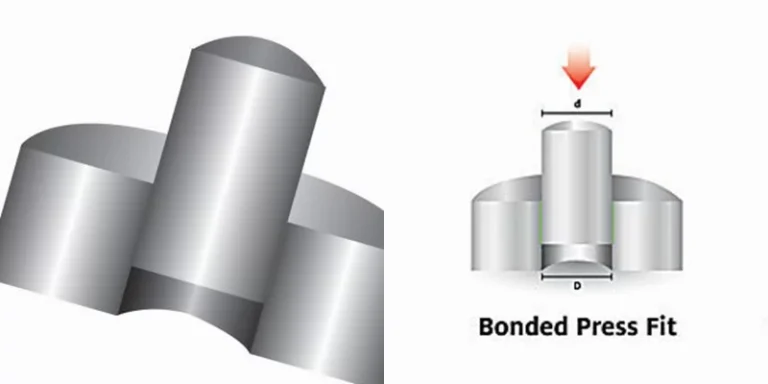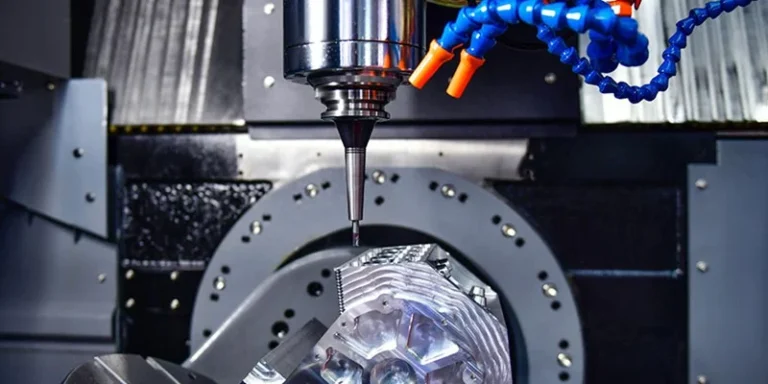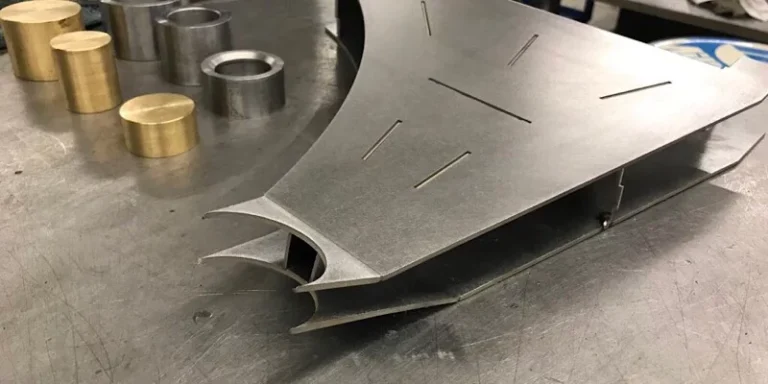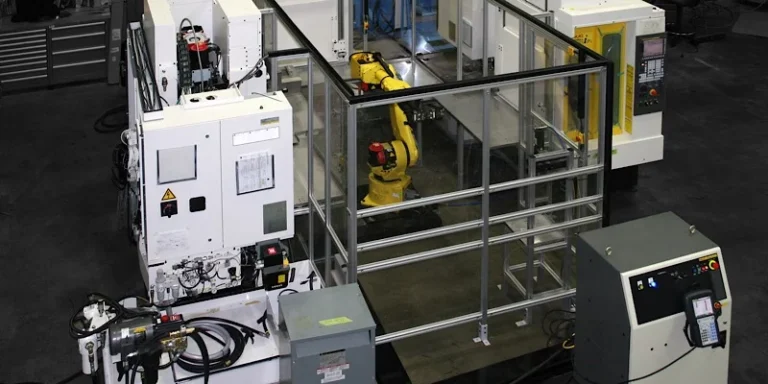Many people envision manufacturing as a production line filled with automated machines churning out thousands or millions of identical products. However, custom manufacturing caters to needs beyond just mass-produced commodities.
Custom manufacturing is an innovative approach that includes designing, engineering, and producing products tailored to a customer’s specific preferences or requirements. This can range from build-to-order (BTO) parts and low-volume production to one-offs and mass customization.
In this article, we will delve into the concept of custom manufacturing, how it differs from mass production, and why it might be the ideal solution for your production needs.
What Is Custom Manufacturing?
Custom manufacturing is an efficient process utilized by product developers and engineers to create unique parts in limited quantities that meet clients’ specific requirements. This approach necessitates close collaboration with end users to design and develop the product, often involving a more hands-on method and advanced expertise.
Furthermore, custom manufacturing technology transforms the traditional view of production and design by enabling a blend of precision and personalization. Often referred to as just-in-time manufacturing, this process involves producing parts precisely when needed to meet specified shipping dates.
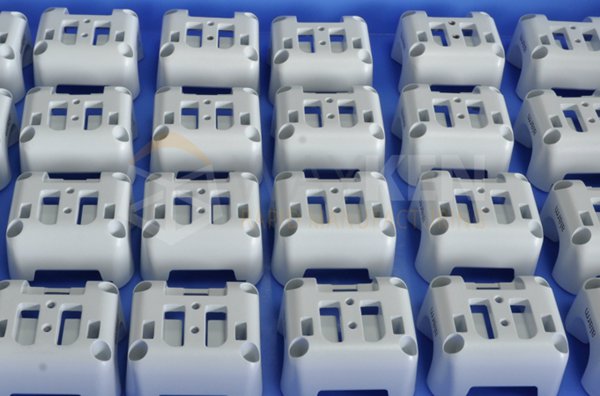
Differences Between Custom Manufacturing Vs. Mass Production
A significant challenge many business owners face in product manufacturing is deciding between custom manufacturing and mass production, as each approach offers distinct benefits and limitations.
Custom manufacturing enables the creation of products on a small scale and within short timeframes, tailored to each customer’s unique specifications. This method contrasts sharply with traditional mass production, which typically involves producing large volumes of identical items. Custom manufacturing emphasizes reducing waste, optimizing equipment use, and ensuring quick inventory turnover.
As a subset of lean manufacturing, custom manufacturing relies on customer orders rather than traditional sales forecasting. In this approach, your manufacturing partner collaborates with you at every stage of the process. It begins with a meeting to discuss your needs, followed by the design phase once feasibility is confirmed.
On the other hand, mass production employs production lines with specialized machinery to rapidly manufacture large quantities of standardized products. In contrast, custom manufacturing operates in production areas equipped with machine tooling or equipment designed to accommodate design variations and customization. This focus on producing tailored items based on client preferences sets custom manufacturing apart.
Why Choose Custom Manufacturing for Production Solutions?
Custom manufacturing offers a wide range of benefits for production solutions. This section will explore the various reasons why custom manufacturing might be the ideal choice for your business.
Quality Control
Custom manufacturing allows businesses to maintain strict control over the quality of their products. This approach enables thorough supervision at all stages of production, including product design. Custom manufacturers employ specific materials, advanced machining expertise, and rigorous quality checks to ensure precision at every step of the process.

Scalability
For new products or small businesses needing to test items like electronic housings or butterfly knives, custom manufacturing is an excellent choice. It allows you to order the exact quantity you need and gradually increase production as your business grows. This ensures you have the necessary products when you need them, without the worry of excess inventory.
Streamlined Solutions
Custom manufacturing enables businesses to charge a premium for uniquely designed products that meet customers’ specific demands, tastes, and preferences. Manufacturers can offer products with a high degree of flexibility in terms of shapes, dimensions, materials, and functions.
This approach ensures that parts meet the individual specifications provided by the customer. However, customers often pay a higher price for these customized products compared to mass-produced items.
Excellent Customer Relationships
Custom manufacturing fosters strong customer relationships through open dialogue and tailored insights into customer needs. The interactive nature of the process allows businesses to gather relevant information about the desires and requirements of different customers.
Manufacturers that maintain active customer interaction tend to better meet client needs by producing products that align with their preferences. This leads to greater customer satisfaction and value, as clients feel their concerns are acknowledged.
High Flexibility and Adaptability
Custom manufacturing offers organizations greater agility and responsiveness in adapting to changing consumer tastes and an unpredictable supply environment. This flexibility facilitates quick modifications in product designs, raw materials, and features, enabling manufacturers to respond swiftly to evolving consumer trends.
Cost Efficiency
Custom manufacturing tailors the production process to meet user needs, reducing costs associated with surplus stock and inefficient production. This approach also allows for efficient resource management by preventing unnecessary expenses on incompatible elements and materials.
Various Processes Involved in Custom Manufacturing
Custom manufacturing leverages different production processes to meet specific requests and specifications. Below, we explore some of these key custom manufacturing processes.

Additive Manufacturing
Additive manufacturing is a widely used custom manufacturing technology that creates complex parts by building them layer by layer. This method is often guided by a CAD model, allowing for fine-tuning and modifications to any design.
For example, to create a molded plastic part, you typically need a mold that serves as a master pattern for the product. These molds can be expensive and are usually only suitable for a specific product. Additive manufacturing, however, enables the production of a nearly unlimited variety of unique products using the same machine.
Some common additive manufacturing technologies include:
- Stereolithography (SLA)
- Selective Laser Sintering (SLS)
- Fused Deposition Modeling (FDM)
- PolyJet
- Binder Jetting
- Fused Filament Fabrication (FFF)
- Selective Laser Melting (SLM)
- Multi Jet Fusion (MJF)
- Direct Metal Laser Sintering (DMLS)
- Electron Beam Melting (EBM)
Subtractive Manufacturing
Subtractive manufacturing techniques involve removing material from a workpiece to form the desired shape, as opposed to adding material. These processes offer various benefits, such as extensive material compatibility and the ability to produce parts with complex geometries.
One of the advantages of subtractive manufacturing is its efficiency in producing parts with an excellent surface finish, often without the need for post-processing like polishing or grinding. For instance, reaming in subtractive manufacturing can create holes with smoother edges than other processes.
Common subtractive manufacturing techniques include:
- CNC machining (milling, drilling, turning, routing, reaming, boring)
- Electric Discharge Machining (EDM)
- Plasma Cutting
- Water Jet Cutting
Considerations for Choosing the Right Custom Manufacturer for Your Project
Selecting the right custom manufacturer with the appropriate equipment and expertise to meet your project’s needs can be challenging. It’s crucial to partner with a manufacturer capable of maintaining a long-term relationship and adhering precisely to your specifications. Here are some helpful tips for choosing the ideal custom manufacturer:
Examine the Type of Products They Manufacture
One of the critical factors to consider is the type of products prospective custom manufacturers produce. While you might need a specific product now, it’s beneficial to partner with a manufacturer that can handle a wide variety of products if you decide to expand your product lines in the future.
Choose a manufacturer that works with a diverse range of materials and has innovative tools to manage your project. This ensures flexibility and cost savings in the long run, eliminating the need to partner with multiple manufacturers for different products.
Consider Brand Reputation
Ensure that the prospective custom manufacturer’s brand has a good reputation in the industry, even if it doesn’t directly affect your end users. Conduct thorough research and read reviews from past and returning clients. This can help you avoid unwanted complications by providing insights into their production quality and customer service.
Additionally, verify their compliance with industry standards, particularly in labor and environmental regulations.
Evaluate Craftsmanship and Quality of Materials
Regardless of how impressive their marketing strategies may be, they won’t matter if the materials and craftsmanship of your prospective custom manufacturer are subpar. Thoroughly inspect their samples and compare them to industry standards. Ensure that the materials are of superior quality and that the specifications align with your product designs.
Pricing
While custom manufacturing can help reduce upfront costs, your customers will ultimately bear the cost of your expenses. Therefore, it’s essential to consider the target product price points and brand positioning when choosing a custom manufacturer. Ensure that the prices you receive match your expected profit margin and that their minimum order quantities (MOQs) are not excessively high.
Lead Time
Lead time is another critical factor when selecting a custom manufacturer, as it determines how long it will take for your prospective partner to manufacture and ship your orders. Preferably, choose a manufacturer capable of guaranteeing the desired turnaround times without compromising product quality.
Typical Industries That Rely on Custom Manufacturing
Custom manufacturing provides innovative solutions by creating unique, tailor-made products that meet specific customer requirements across various industries, including:
Military
The military sector relies on custom manufacturing to develop specialized equipment, vehicles, weaponry, communication systems, and other defense technologies tailored to the unique demands of military operations.
Aerospace Components
In the aerospace sector, custom manufacturing is used to produce precision-engineered parts for spacecraft, satellites, aircraft, and other systems. Typical aerospace components created through custom manufacturing include turbine blades, propulsion systems, avionics, and structural elements.

Electronics
The electronics industry depends on custom manufacturing to produce specialized circuit boards, sensors, semiconductor components, and other electronic devices according to customer specifications.
Medical Devices
In the healthcare sector, custom manufacturing is crucial for producing specialized medical devices and instruments. This technique is also used to create patient-specific orthopedic implants and prosthetics tailored to individual patient needs.
Automotive Industry
Automotive manufacturers utilize custom manufacturing to produce various vehicle components and systems, such as chassis parts, engines, transmissions, electronic components, and interiors.
Your Trusted Custom Manufacturing Partner – AS Prototypes
At AS Prototypes, we take pride in being your trusted custom manufacturing partner. With years of experience and a professional team, we offer comprehensive solutions tailored to your unique requirements. From prototyping to part production, our expert team ensures precision and quality at every step of the process.
Whether you need custom CNC machining, 3D printing, vacuum casting, or rapid injection molding, we have the expertise to bring your ideas to life efficiently and cost-effectively. Partner with AS Prototypes for custom manufacturing solutions that exceed your expectations. Contact us today!
Conclusion
Custom manufacturing is a dependable approach for obtaining bespoke parts tailored to your business needs. It offers numerous advantages, such as enhanced quality control, extensive customization options, and optimized production processes. These benefits can lead to increased sales and provide a significant competitive edge.
FAQs
What are the types of custom manufacturing?
Custom manufacturing can be categorized into two main types: prototyping and production. Prototyping involves creating a model or sample for testing, analysis, and modification to ensure it meets its intended purpose. Serial production, on the other hand, focuses on producing large quantities of a product for commercial use.
What are the common challenges of custom manufacturing?
Custom manufacturing can be time-consuming due to the need to source appropriate materials, partner with a reliable manufacturer, and ensure timely delivery. It also requires highly skilled and versatile experts to manage varying production requirements effectively.
Is custom manufacturing better than mass production?
Both custom manufacturing and mass production have their own advantages and disadvantages. The suitability of either approach depends on factors such as product complexity, flexibility, lead time, costs, and economies of scale.

